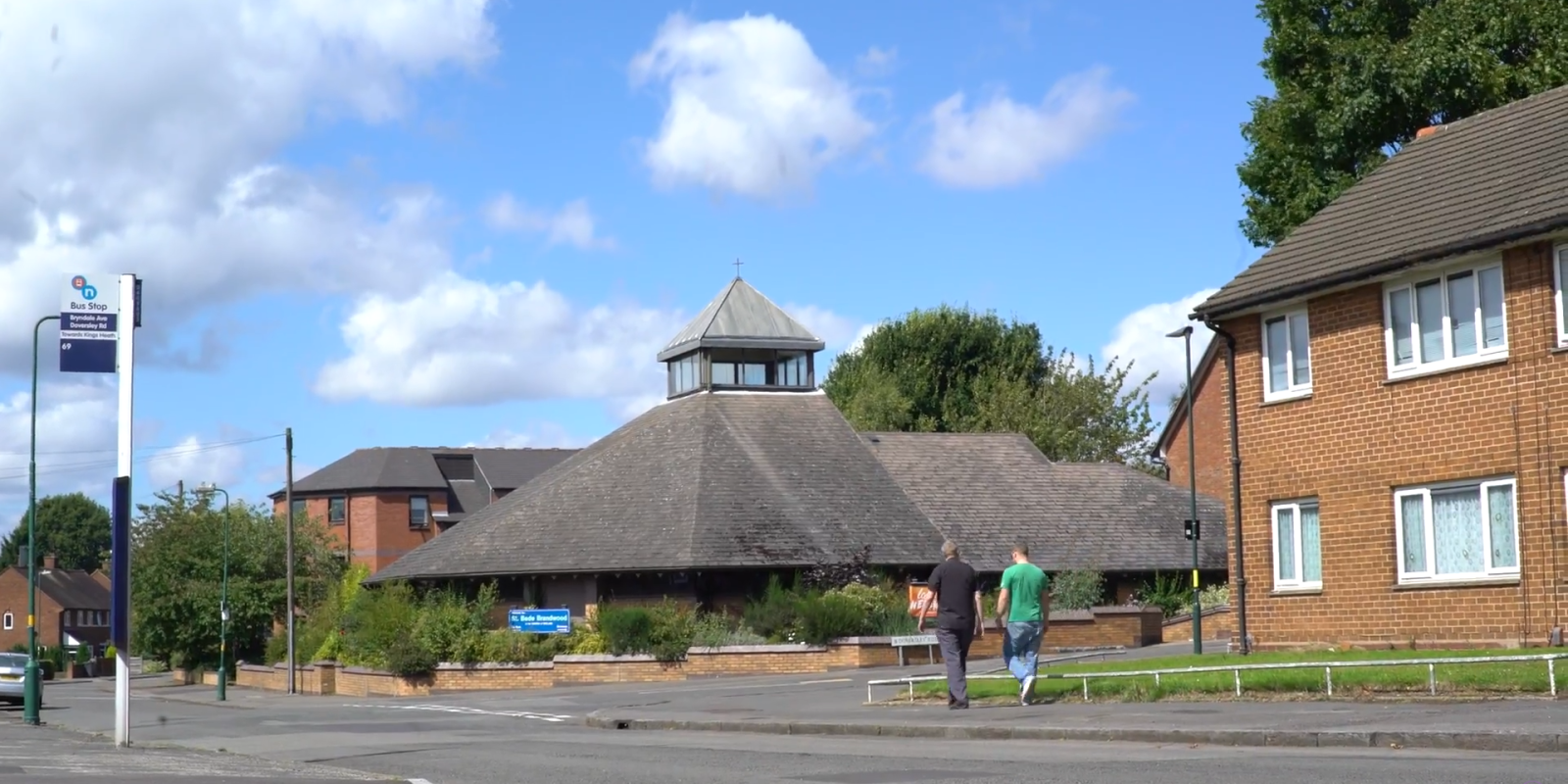
Growing ministry on social estates and areas of income deprivation
Estates Evangelism: Strategy
We support the delivery of the Church of England’s six bold outcomes through the lens of the 20% most income deprived parishes in which over 22 million people live.
The six sections of our strategy are explained by members of the EETG in these short videos and introduced by the Archbishop of York, Stephen Cottrell.
1. A loving, worshipping, serving Christian community on every significant estate in the nation
- Working with dioceses to ensure that at least 2,000 of the 10,000 proposed new Church of England ‘mixed ecology’ congregations (some of which will be lay-led) are located in income deprived communities
- Building close partnerships with every Church of England Diocese and with other ecumenical partners to support the flourishing of new and established estate worshipping communities
2. Placing a top priority on ministry to young people, children, their families and schools in estate contexts to bring about a church that is younger and more diverse
- Encouraging active partnerships between church schools (of all denominations) located on estates and their local worshipping communities
- Ensuring that estate churches are strongly represented in national initiatives focused on children, schools, families and young people
3. Giving a strong voice to estates’ residents and churches at every level of the life of the Church
- Developing resources to enable the sharing of stories from estates – church leaders, congregations and residents
- Establishing a Church of England General Synod caucus for those from income deprived parishes and those with an interest in estates evangelism
4. A new financially sustainable model for Church of England churches that serve income deprived communities
- Lobbying for an increase in Church of England Lowest Income Communities Funding (LICF), Strategic Development Funding (SDF) and inherited assets directed towards income deprived communities in the next triennium funding round (2023-2025 inclusive) and beyond.
- Encouraging two-way partnerships between more affluent Church of England parishes and estates communities within dioceses, and between more affluent dioceses and those with a higher degree of deprivation nationally, so that resources and learning can be generously shared as a sign of God’s Kingdom to the growth of the Church in all contexts.
- Explore opportunities to utilise church building assets for the provision of social housing
5. High quality resourcing, equipping and support for leaders and members of estate worshipping communities to be effective missionary disciples
- Growing an ever-closer partnership with National Estates Churches Network (NECN) so that estate leaders are better supported, and the voice of estate congregations of any denomination is better heard
- Working with partners to commission and publicise new resources, books, blogs, vlogs etc
- Creating fora for shared learning about estates evangelism
6. Releasing of mission-focussed leaders, ordained and lay, from and for urban estates
- Learning from Church of England estate leadership pathway pilots (e.g., Blackburn, Birmingham, York, London) to be used to create similar development opportunities in other dioceses
- Developing Church of England Ordination and Licensed/Authorised Lay Ministry/ Youth worker formation pathways that encourage vocations from local estate leaders